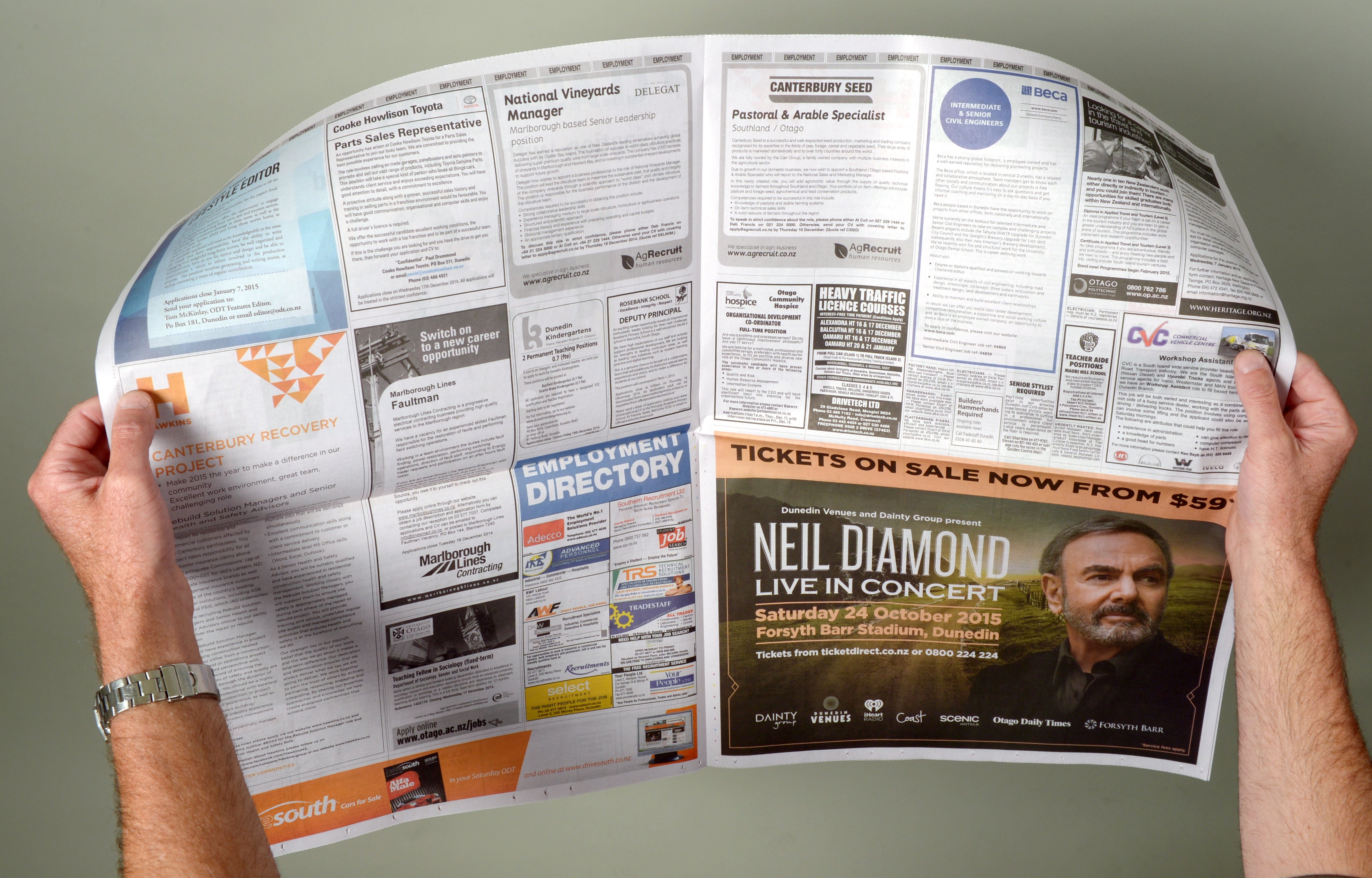
Iain dropped in to see us on Saturday night.
He’s pretty depressed at the moment and can’t see why it’s worth living any more. What’s the point when you wake up every morning and have nothing to do?
One of the absurdities of our time is that people in employment often complain about having too much to do while more than 100,000 Kiwis do nothing.
Our communities are full of individuals who are able-bodied or able-minded, or both, and desperately want to make a contribution. Our current economic model, introduced in the 1980s, deliberately creates a level of unemployment that suppresses wages and reduces inflation. It is a cruel policy tool that wastes human potential and drives people like Iain to despair.
A previous administration talked about basing its policies on kindness, but what is kind about paying people every week to not participate in the society they are part of?
It must be very discouraging to be told to go job-hunting for roles that have been outsourced overseas. Globalisation has brought us cheap food and goods at the expense of the manufacturing sector in New Zealand.
The same people who complain about the cost of "dole-bludgers" are more than happy to contribute to their demise by buying cheap food, clothing and other items that are produced by labourers in other countries.
There is so much meaningful work that could be done by people who receive Jobseeker Support. As a country, we could recycle more, we could have cleaner towns and cities, we could do a better job of maintaining infrastructure, and we could improve our productivity by freeing up skilled hands to do their essential work.
I would like to see the government replace all benefits with part-time jobs for people who would work 20 hours a week. To be clear, this wouldn’t be a "work for the dole scheme", because allowances for unemployed people would no longer exist. Instead of being paid to live on the fringes of our society, people without jobs could be gainfully employed by government agencies, schools and community groups like sports clubs.
Councils around the country would receive funding from the government to employ people on an as-needed basis — when the economy was contracting the number of these employees would rise, but the private sector would employ many of these workers whenever the economy was expanding.
Article 23 of the Universal Declaration of Human Rights says: "Everyone has the right to work, to free choice of employment, to just and favourable conditions of work and to protection against unemployment."
I believe current government policies are a breach of this statement because even in times of low unemployment there are more than 50,000 New Zealanders with no paid work to do.
It is morally repugnant to pay people to do nothing when there is so much important work to be done and so many potential benefits for our society. If everyone had a reason to get out of bed in the morning we could expect to see reduced crime, improved mental health outcomes across the population and a greater sense of social cohesion.
And I’m sure this policy would save significant amounts of money in the long run. We wouldn’t have to talk about NEETs (young people not engaged in education, employment or training) anymore because everyone could leave school knowing there was a job to go to.
It is time to radically change the way we structure our society to ensure everyone contributes to our shared life through work. Anything less is a moral and fiscal failure.
— Randal Scott is a trained youth pastor, secondary school teacher and mental health support worker.












